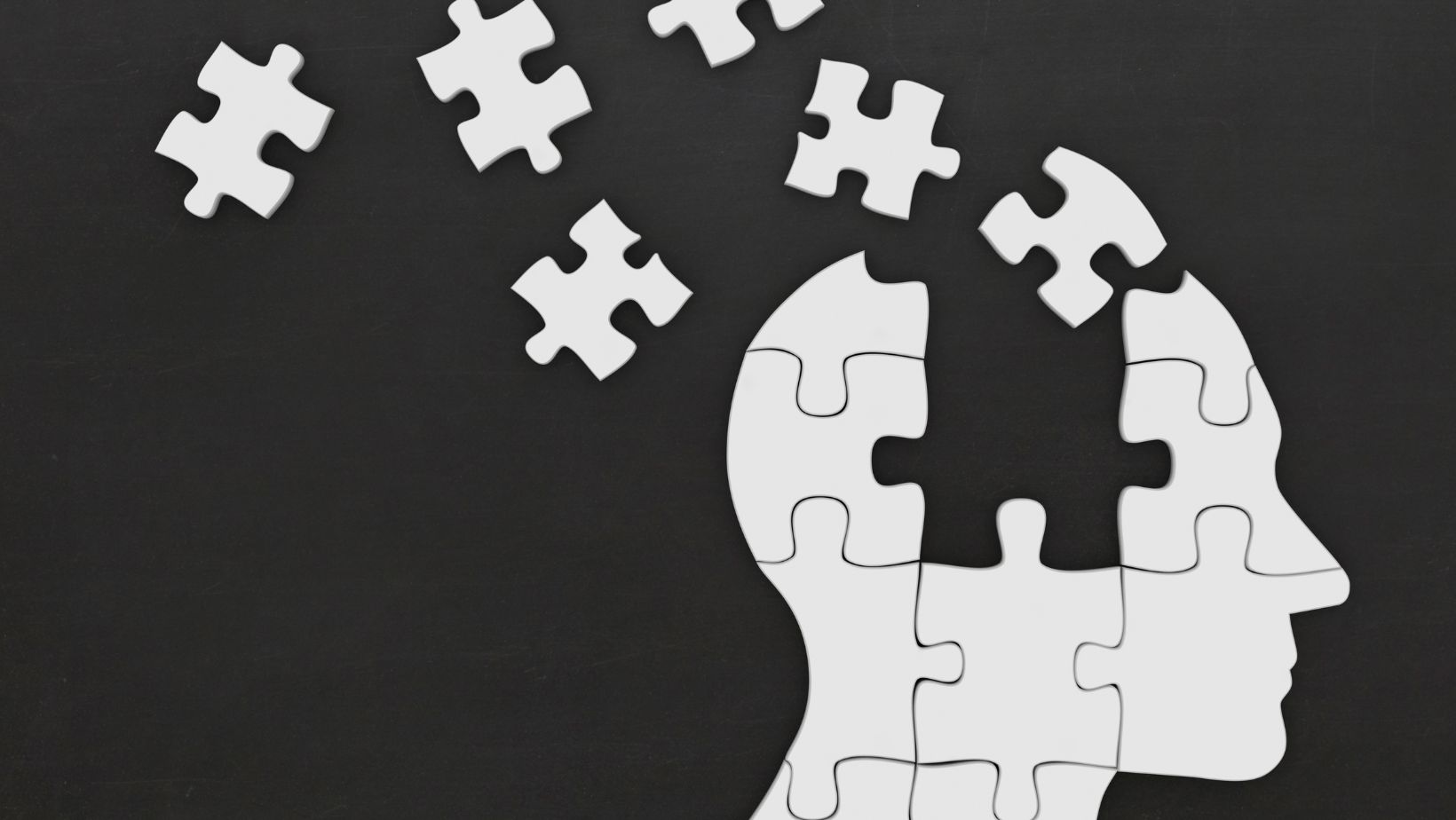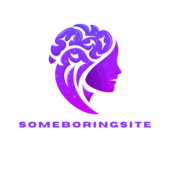
Have you ever experienced a mental workout that leaves you both puzzled and intrigued? That’s the essence of a mind bender. These brain-teasing challenges push the boundaries of conventional thinking and invite us to explore new perspectives. As I delve into the world of mind benders, I’ll unravel the mysteries behind these captivating puzzles and share insights on how they can sharpen our cognitive skills.
From perplexing riddles to intricate optical illusions, mind benders come in various forms, each designed to test our problem-solving abilities. As I navigate through the realm of mind benders, I’ll guide you on a journey that promises to stimulate your intellect and ignite your curiosity. Join me as we unravel the enigmatic world of mind benders and discover the thrill of mental gymnastics.
Mind Bender
What Is a Mind Bender?
 A mind bender is a type of intellectual challenge that stretches traditional thinking boundaries, prompting individuals to delve into fresh perspectives. These puzzles encompass a range of formats, including cryptic riddles and captivating optical illusions. They serve as tools to assess problem-solving capabilities, enhance cognitive functions, and foster creativity. Engaging with mind benders is an exhilarating opportunity to exercise mental agility, unravel complex scenarios, and revel in the thrill of cognitive puzzles.
A mind bender is a type of intellectual challenge that stretches traditional thinking boundaries, prompting individuals to delve into fresh perspectives. These puzzles encompass a range of formats, including cryptic riddles and captivating optical illusions. They serve as tools to assess problem-solving capabilities, enhance cognitive functions, and foster creativity. Engaging with mind benders is an exhilarating opportunity to exercise mental agility, unravel complex scenarios, and revel in the thrill of cognitive puzzles.
History and Evolution of Mind Benders
The history of mind benders dates back centuries, evolving from ancient enigmas to modern-day brain teasers. These stimulating challenges have been utilized across cultures and generations as a means to entertain, educate, and stimulate cognitive abilities. From the intricate puzzles of bygone eras to the dynamic online brainteasers of today, the evolution of mind benders showcases a deep-rooted human fascination with intellectual exploration and problem-solving. Embracing the historical journey of mind benders unveils a tapestry of ingenuity, innovation, and the timeless quest for mental stimulation.
Types of Mind Benders
Puzzles and Brain Teasers
 Exploring puzzles and brain teasers is a classic way to challenge the mind. These mind benders come in various forms, such as Sudoku, crossword puzzles, and logic games. They require critical thinking, problem-solving skills, and patience. Solving puzzles can improve memory, enhance cognitive abilities, and boost concentration. Engaging with puzzles and brain teasers regularly is a fun and effective way to keep the mind sharp and agile.
Exploring puzzles and brain teasers is a classic way to challenge the mind. These mind benders come in various forms, such as Sudoku, crossword puzzles, and logic games. They require critical thinking, problem-solving skills, and patience. Solving puzzles can improve memory, enhance cognitive abilities, and boost concentration. Engaging with puzzles and brain teasers regularly is a fun and effective way to keep the mind sharp and agile.
Complex Narratives in Movies and Books
Complex narratives in movies and books serve as mind benders by captivating the audience with intricate plots, unexpected twists, and ambiguous endings. These narratives challenge viewers and readers to think critically, analyze details, and interpret information creatively. Engaging with complex storylines stimulates the brain, enhances analytical skills, and fosters imagination. Movies like “Inception” and books like “Gone Girl” are examples of works that serve as mind benders, leaving audiences pondering their meanings long after the story ends.
Psychological Impact of Mind Benders
Cognitive Benefits of Engaging with Mind Benders
 Exploring mind benders offers numerous cognitive benefits for individuals. These challenges, such as solving puzzles or decoding riddles, can significantly enhance problem-solving skills. By engaging with mind benders regularly, individuals can sharpen their cognitive functions and improve their creativity. For example, participating in activities like Sudoku not only boosts memory but also enhances concentration and overall cognitive abilities. Additionally, brain teasers like crossword puzzles are known to stimulate the brain and improve mental acuity. Engaging with these intellectual challenges can lead to better cognitive performance and a sharper mind.
Exploring mind benders offers numerous cognitive benefits for individuals. These challenges, such as solving puzzles or decoding riddles, can significantly enhance problem-solving skills. By engaging with mind benders regularly, individuals can sharpen their cognitive functions and improve their creativity. For example, participating in activities like Sudoku not only boosts memory but also enhances concentration and overall cognitive abilities. Additionally, brain teasers like crossword puzzles are known to stimulate the brain and improve mental acuity. Engaging with these intellectual challenges can lead to better cognitive performance and a sharper mind.
Potential Negative Effects
While mind benders can offer valuable cognitive benefits, it’s essential to be aware of potential negative effects. In some cases, individuals may experience frustration or stress when faced with complex puzzles or challenges. Overwhelming tasks can lead to feelings of anxiety or inadequacy, impacting mental well-being. It’s crucial for individuals to approach mind benders with a healthy mindset and moderate their engagement to avoid burnout. Monitoring one’s emotional responses while engaging with these activities is important to prevent negative effects on mental health. Balancing the enjoyment of mind benders with self-care practices is key to reaping their cognitive benefits while safeguarding mental well-being.
